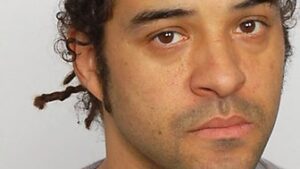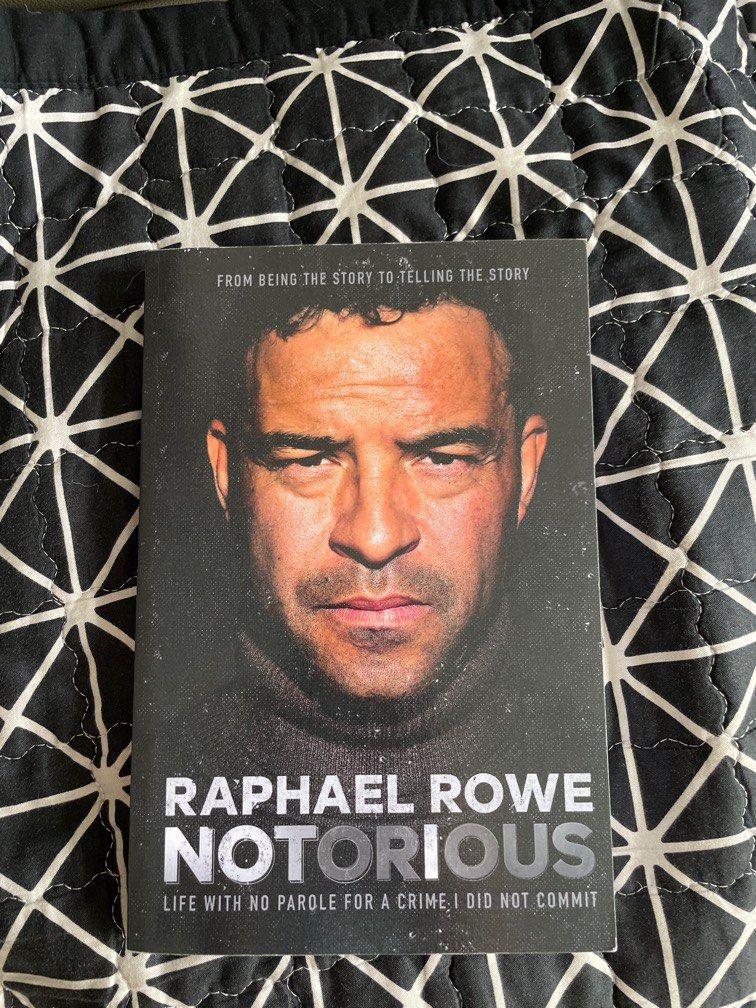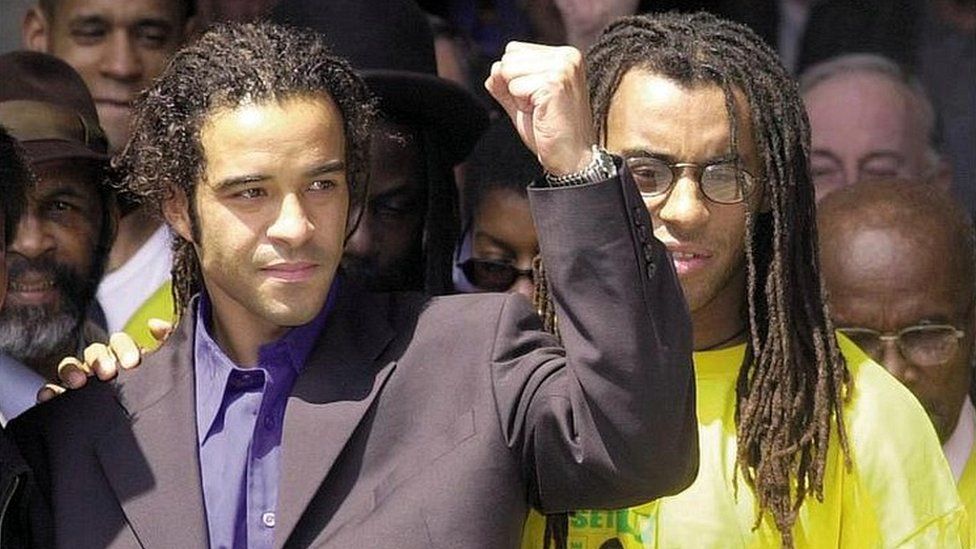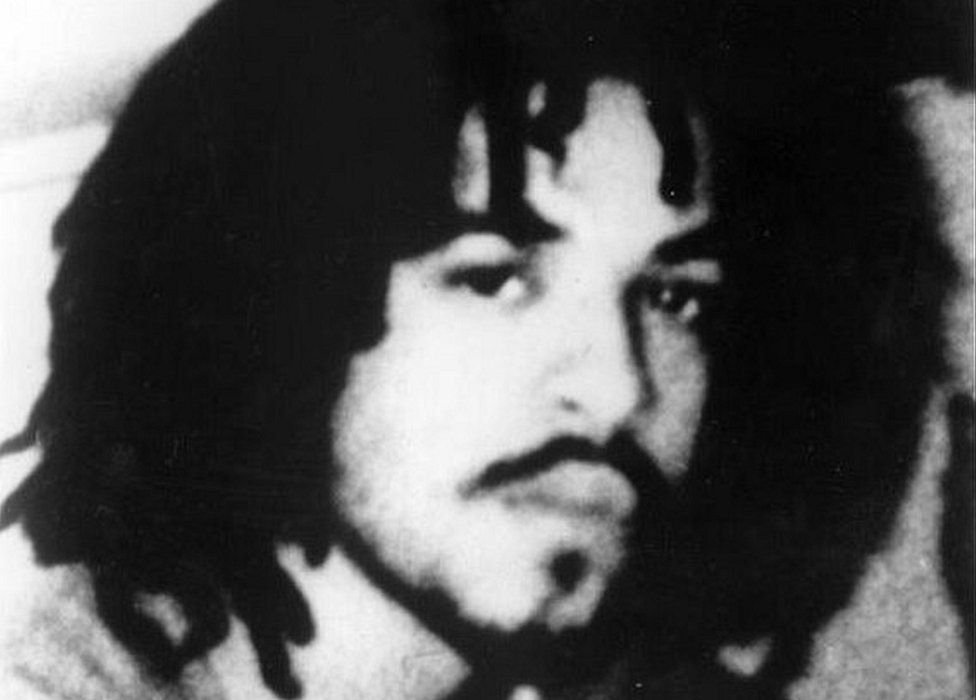
Gepubliceerd op 7 apr. 2011
It is almost exactly 30 years since the BBC’s Rough Justice team began investigating miscarriages of justice. The programme can claim to have achieved the overturning of the convictions of 18 people in 13 separate cases, continuing sporadically for over 25 years until it was finally axed in November 2007.
Timeshift looks at the creation of this extraordinary series and reveals what a shock to the system it was. Featuring contributions from many of those involved, it asks how it was that a television programme took it upon itself to question one of the oldest judicial systems in the world.
This documentary is also an opportunity to look at how much television and journalism have changed since Rough Justice was first commissioned. The programme’s makers were hired with an open-ended brief that would be almost impossible to repeat today. It may only be thirty years ago, but this is a glimpse into a bygone era.
MrFredSed
2 jaar geleden
I remember a really striking (and worrying) miscarriage of justice of a Manchester man being convicted of burgulary who served his sentence and, iirc, fought to clear his name once he’d been released. I may have forgotten or mistaken some details so please allow for that.
IIRC, it all started off with something simple such as a road traffic offence where this man was arrested and his finger-prints were taken. While being processed in the police station he was questioned over a house burgulary, the evidence being the police had found his finger-prints on a vase in the burgled home. He couldn’t explain how his prints ended up in a womans home other that it was a mistake or that somehow another mans prints where the same as his.
The police didn’t buy that and this working, family man was charged and found guilty and sent down for 5? yrs. He served his time quietly and was released with max remission and once free fought to clear his name.
The accused occupation was as a market trader & later a store-owner. He sold house-hold nick-nacks, ornaments and anything else he could pick up from the wholesalers and turn a profit on. The lady swore on the bible that she never bought the vase of him, nor visited his stall or store … she also affirmed that she cleaned and dusted often and would certainly have wiped clean her possesions during her housework… for his part he points out how he would normally pick up and handle any potential purchases he had an idea to buy while making his mind up. And if it didn’t suit him he’d put it back on the shelf.
The lesson being there’s nothing to stop YOUR prints and DNA remaining on a shop product you’ve handled and put back on the shelf.
True story.








